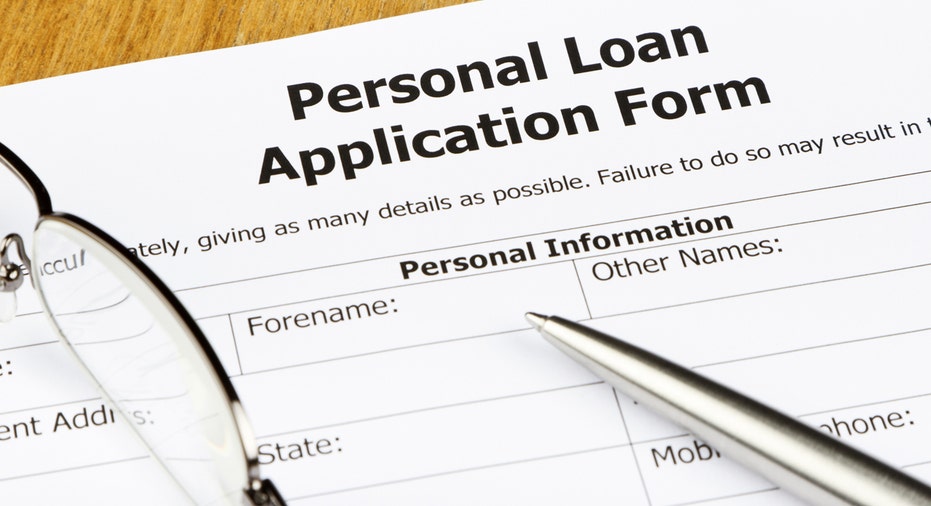Should You Co-Sign for Children, Grandchildren?

For Baby Boomers close to or in retirement, it may not be a good idea to co-sign a loan for your children or grandchildren, unless you are able to dip into your nest egg to repay the loan if push comes to shove.
If a family member asks for help financially, financial experts advise that you give the money as a gift if you can. When you co-sign, one missed or late payment by your “well-intentioned” family member could negatively impact your credit rating -- and that can destroy family relationships.
According to a new CreditCards.com report, 38 percent of co-signers had to pay some or all of the bill because the primary borrower did not, and 26 percent experienced damaged relationships with the family member they co-signed for.
Greg McBride, Bankrate.com’s chief financial analyst, discussed with FOXBusiness.com what you need to know before you agree to co-sign a loan for your children or grandchildren.
Boomer: For Baby Boomers nearing or in retirement, what risks are involved in co-signing a note for their children or grandchildren?
McBride: The risks of co-signing are significant and there is no upside to the co-signer. If the borrower makes late payments, your credit is adversely affected. If the borrower defaults, you are on the hook for the payments. A significant debt, even if you’re just a co-signer, could jeopardize your ability to get approved for other loans.
Boomer: What are the consequences if the borrower defaults on the loan payments? Could my retirement fund be in jeopardy?
McBride: If the borrower defaults, the co-signer is on the hook, which means making the payments, putting up with collection activities, and seeing your credit get damaged. The retirement account itself isn’t necessarily at risk, but the default could lead to a judgment or garnishment of wages that definitely impacts your assets or future cash flow.
Boomer: Are there any tax repercussions if the debt goes unpaid and the co-signer settles with the lender?
McBride: When arranging a settlement with the lender, make sure they agree in writing that the loan will be reported as paid in full. This will prevent any portion of the debt being reported as forgiven and being treated as taxable income. It will also avoid having the debt sold to collection agencies.
Boomer: As a co-signer, does the lender keep you informed of payments made on a monthly basis, or do they only let you know when the payments are late or near default?
McBride: If you are going to co-sign, make sure you have access to the account to monitor payment activity. Either make sure the statements come to you or that you have an online log-in to check the account status.



















